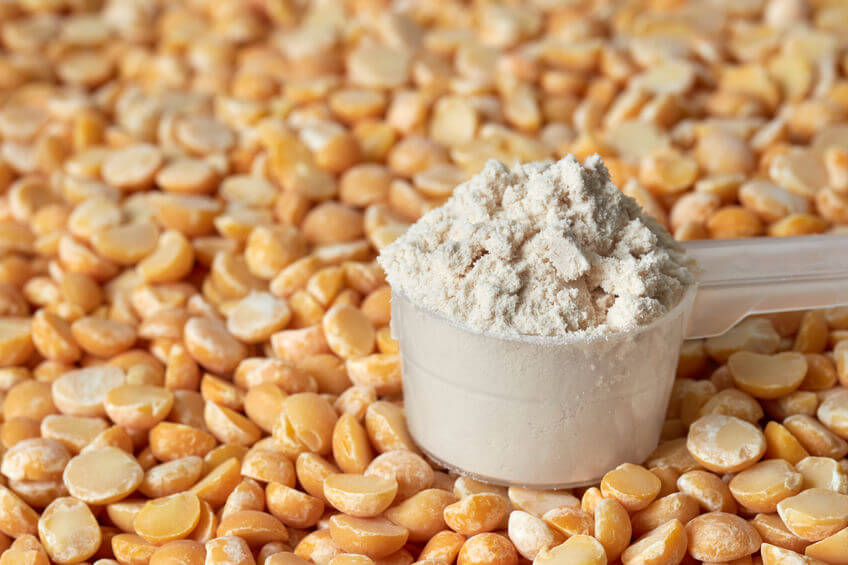What are consumers looking for in their plant-based products and how has this changed over recent years?
Health remains an important reason why many consumers are turning to plant-based products, as they are perceived as being healthier than many alternatives. Claims such as no/reduced sugar, high-protein, high-fibre, or vitamin and mineral fortified have grown in recent years – particularly with emerging sectors like plant-based ice cream and frozen desserts.
Thanks to recent improvements in formulations, the quality of plant-based foods and beverages has increased significantly in recent years – helping to encourage more consumers to sample products they may not usually buy. Plant-based burgers are a great example of this; innovations in this area have led to the development of tasty, juicy options comprising meat analogues, with the same – or improved – nutritional values compared to real meat burgers. Indeed, plant-based food and beverages are now seen as excellent options, rather than a simple replacement for dairy or meat alternatives. While historically plant-based products have often relied on artificial ingredients to mask flavours or improve textures, more natural replacements are gaining traction with manufacturers aimed at premium positioning. Again, this is in line with the trend for less processed products and the demand for cleaner labels.
Which plant-based ingredients have seen growth recently?
Pea protein has grown in popularity recently as consumers have become more aware of the shortfalls of alternatives, such as soya. Although soya was frequently the ingredient of choice for plant-based food and beverages, it has become increasingly recognised as less sustainable than other options. Pea protein is now readily available and producers across the world have invested in further expansion, allowing rising consumer demands to be met.
In addition, oats have become widely used as a base in many plant-based products, thanks to their creamy texture, neutral flavour, nutrition benefits and low environmental impact. We have seen significant growth in oats in the formulation of non-dairy food and beverages, such as yoghurt drinks, thanks to their ability to improve the taste and texture of finished products. The neutral taste also allows additional ingredients like pre- and probiotics, fibre, and other functional gut health ingredients to be incorporated, for those seeking a healthy and balanced digestive system.

